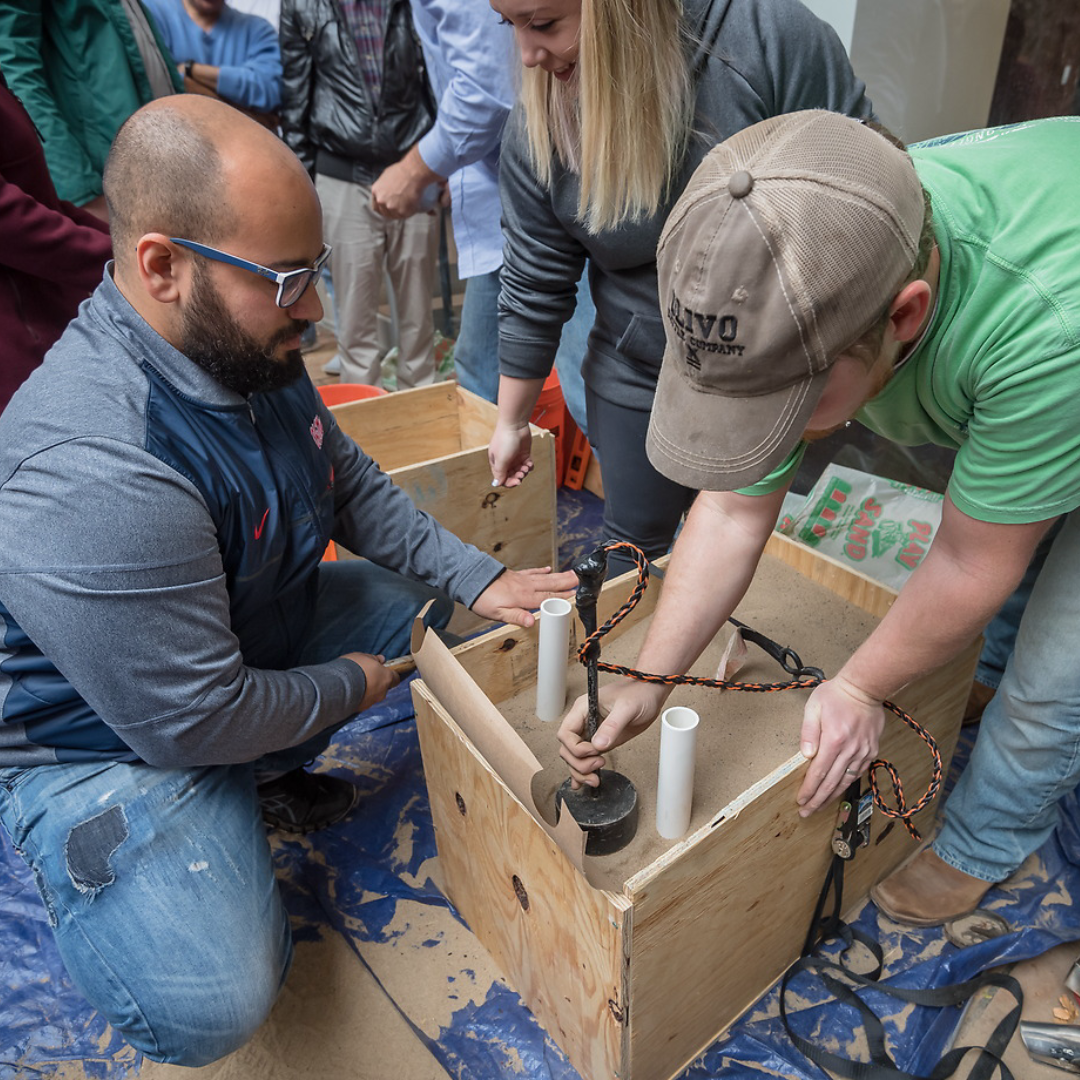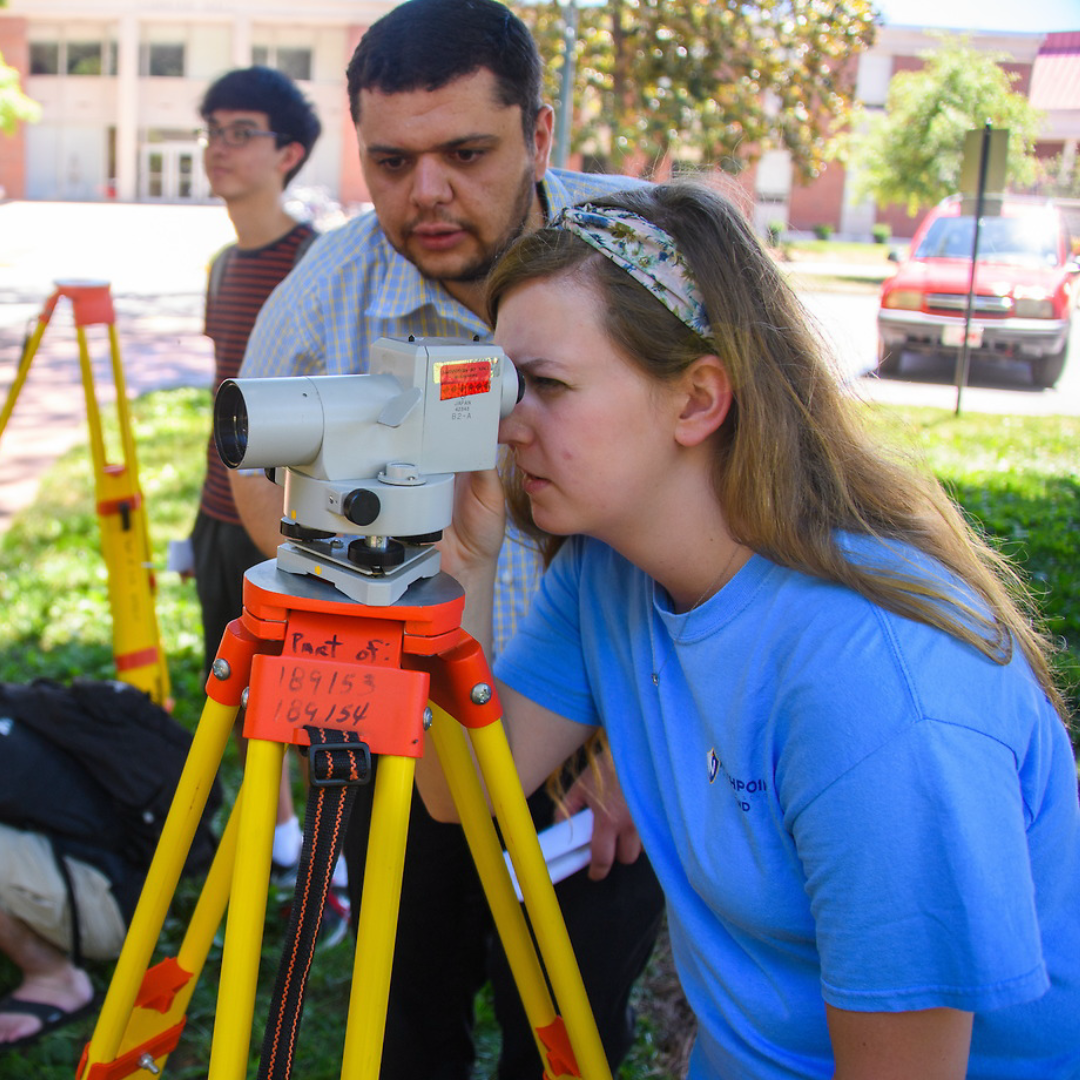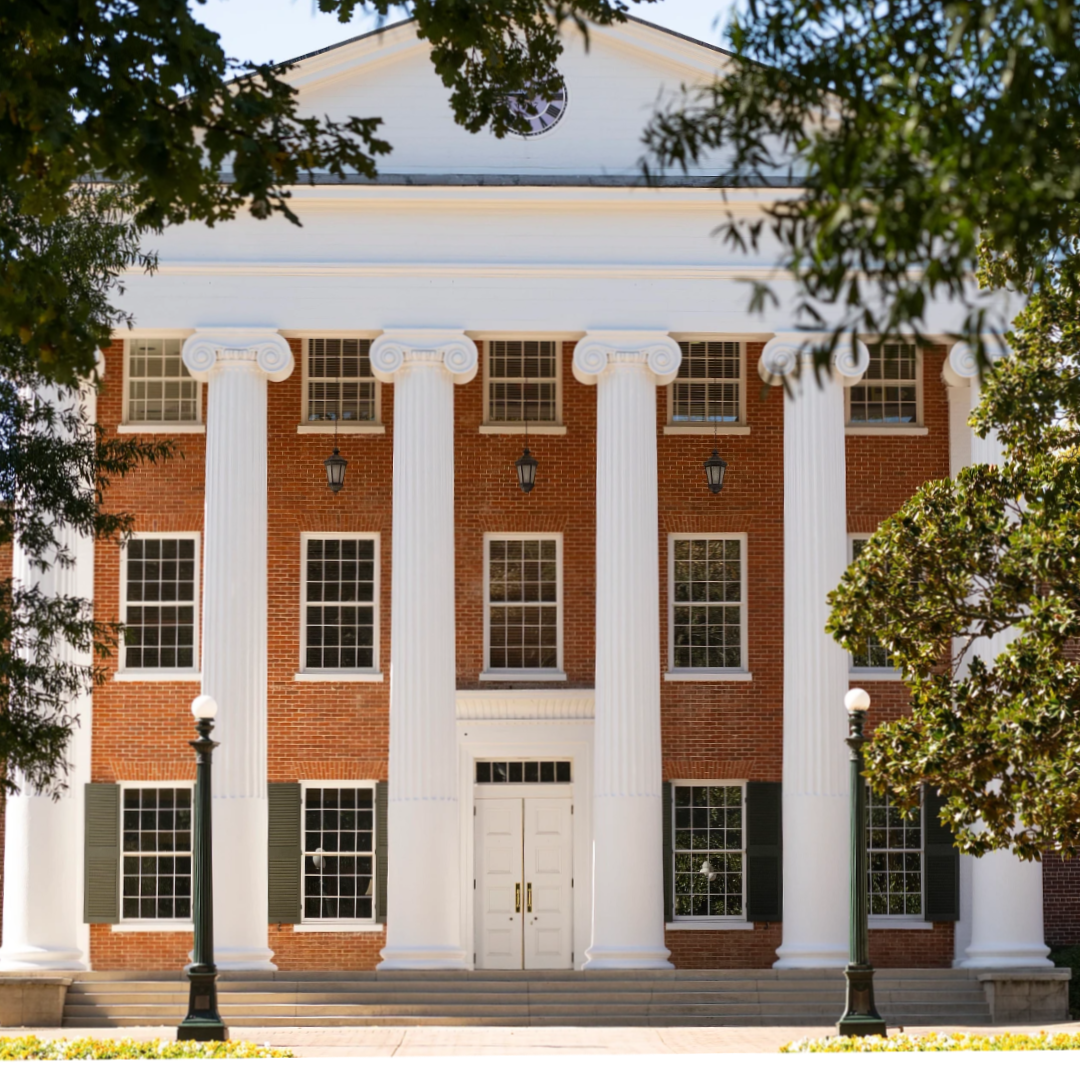Civil Engineering, M.S.
Explore our Master of Science in Engineering Science with emphases in Civil Engineering, Environmental Engineering, Hydrology and Computational Hydroscience, and Materials Science and Engineering.
About the Master of Science in Civil Engineering
The Master of Science in Engineering Science from the Department of Civil Engineering offers a flexible curriculum—available in both thesis and nonthesis formats—that allows students to pursue in-depth study in one of four distinct specialization areas.
Civil Engineering focuses on the planning, design, construction, and maintenance of infrastructure systems, from transportation networks to structural and geotechnical projects.
Environmental Engineering addresses the design of sustainable systems for water and air quality management, waste treatment, and pollution prevention.
Hydrology and Computational Hydroscience explores the movement, distribution, and quality of water resources using advanced modeling and simulation tools to solve complex water-related challenges.
Materials Science and Engineering examines the structure, properties, and performance of materials to develop innovative solutions in manufacturing, construction, and renewable energy.
Across all specializations, students receive advanced technical training paired with opportunities for applied project work and collaboration. Guided by expert faculty, they create a personalized course plan, develop practical problem-solving skills, and complete culminating requirements such as a thesis, project report, or comprehensive examination—preparing them for leadership roles in industry, government, or further doctoral study.
On this Page…
Program Information
Degree
M.S. in Engineering Science
Emphases
Civil Engineering
Specializations
Civil Engineering ;
Environmental Engineering ;
Hydrology and Computational Hydroscience ;
Materials Science and Engineering
Required Credit Hours
30
Program Type
Master's Program
Program Location
School
Civil Engineering Specialization
Find course requirements and other information about the civil engineering specialization in the course catalog.
For questions, contact our graduate program coordinator using the information below.
Jacob Najjar
Professor of Civil Engineering
Environmental Engineering Specialization
Find course requirements and other information about the environmental engineering specialization in the course catalog.
For questions, contact our graduate program coordinator using the information below.
Jacob Najjar
Professor of Civil Engineering
Hydrology and Computational Hydroscience Specialization
Find course requirements and other information about the hydrology & computational hydroscience specialization in the course catalog.
For questions, contact our graduate program coordinator using the information below.
Mohammad Al-Hamdan
Director of NCCHE, Research Professor in the Department of Geology and Geological Engineering, and Professor of Civil Engineering
Materials Science and Engineering Specialization
Find course requirements and other information about the materials science & engineering specialization in the course catalog.
For questions, contact our graduate program coordinator using the information below.
Samrat Choudhury
Associate Professor of Mechanical Engineering
Next Steps
Explore Affordability
We have a variety of scholarships and financial aid options to help make college more affordable for you and your family.
Apply to the University of Mississippi
Are you ready to take the next step toward building your legacy?



